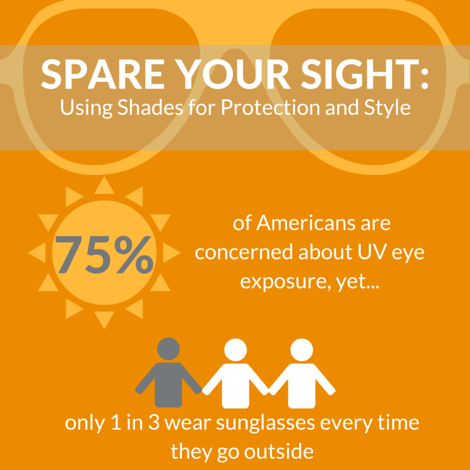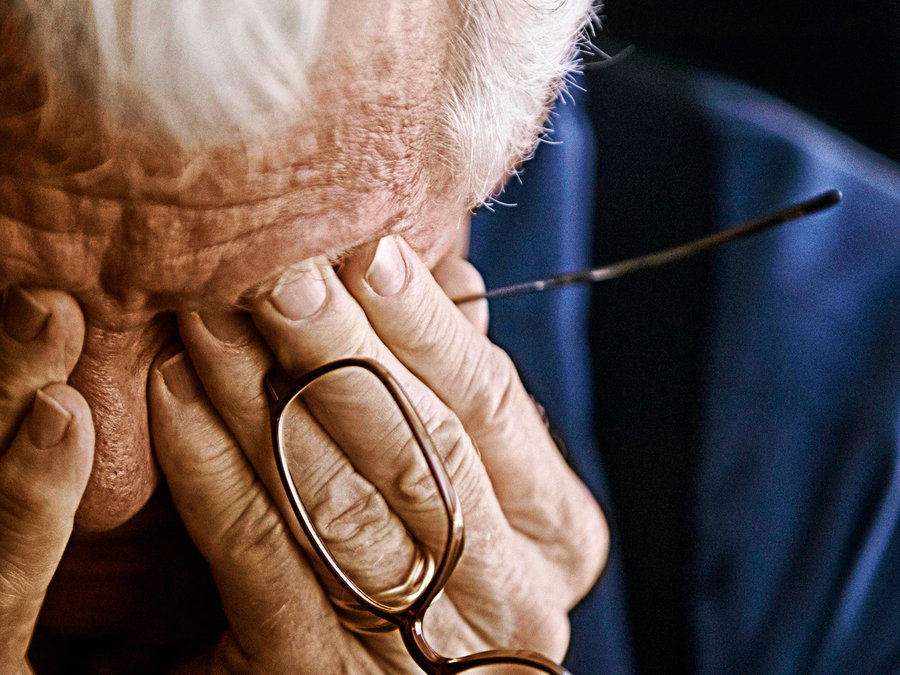This March during World Glaucoma Week researchers from City University London, supported by Allergan Pharmaceuticals and Glaucoma UK released the latest edition of an app to help people newly diagnosed with glaucoma. The Glaucoma in Perspective app provides glaucoma education in a simple, visual, jargon-free, easy to use format, which helps patients and their families… Continue reading Digital app provides help to people with glaucoma
Tag: glaucoma
Another reason to exercise–protecting your sight
Reprinted from AAO.org news releases New Orleans — People who engage in moderate to vigorous physical activity may be able to significantly lower their risk of glaucoma, according to research presented at AAO 2017, the 121st Annual Meeting of the American Academy of Ophthalmology. Researchers from the University of California, Los Angeles reported a 73 percent decline… Continue reading Another reason to exercise–protecting your sight
Nutrition for the Eyes
As we begin the process of improving our vision naturally, it is helpful to look closely at how we are nourishing ourselves. We need foods that are fresh, as close to the natural state as possible, and whose water content is high. Gradually changing from the typical North-American diet consisting of white bread, pasta, meat,… Continue reading Nutrition for the Eyes
10 Summer Safety Tips on How to Protect Your Vision
For more than a century, New Yorkers have trusted Lighthouse International, a leading non-profit organization dedicated to fighting vision loss. Our services help people prevent—and overcome the challenges of vision impairment. Here are some important summer safety tips to protect your vision: Always protect your eyes from the sun’s invisible harmful rays. Prolonged exposure to… Continue reading 10 Summer Safety Tips on How to Protect Your Vision
Depression, Vision Loss and Vision Rehabilitation
If you’re one of many older adults with vision loss who also experience depression, you’re not alone. While depression is not an inevitable consequence of vision impairment, it is common. An estimated one-third of older adults with vision loss report clinically significant depressive symptoms1. These may begin at the initial diagnosis of an eye disease, or they may appear many years later when vision problems worsen




